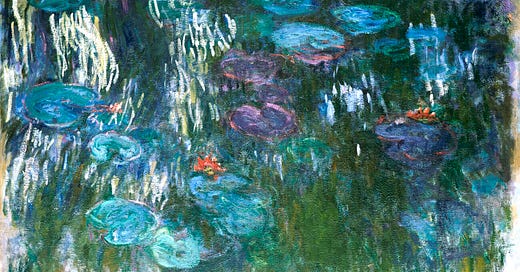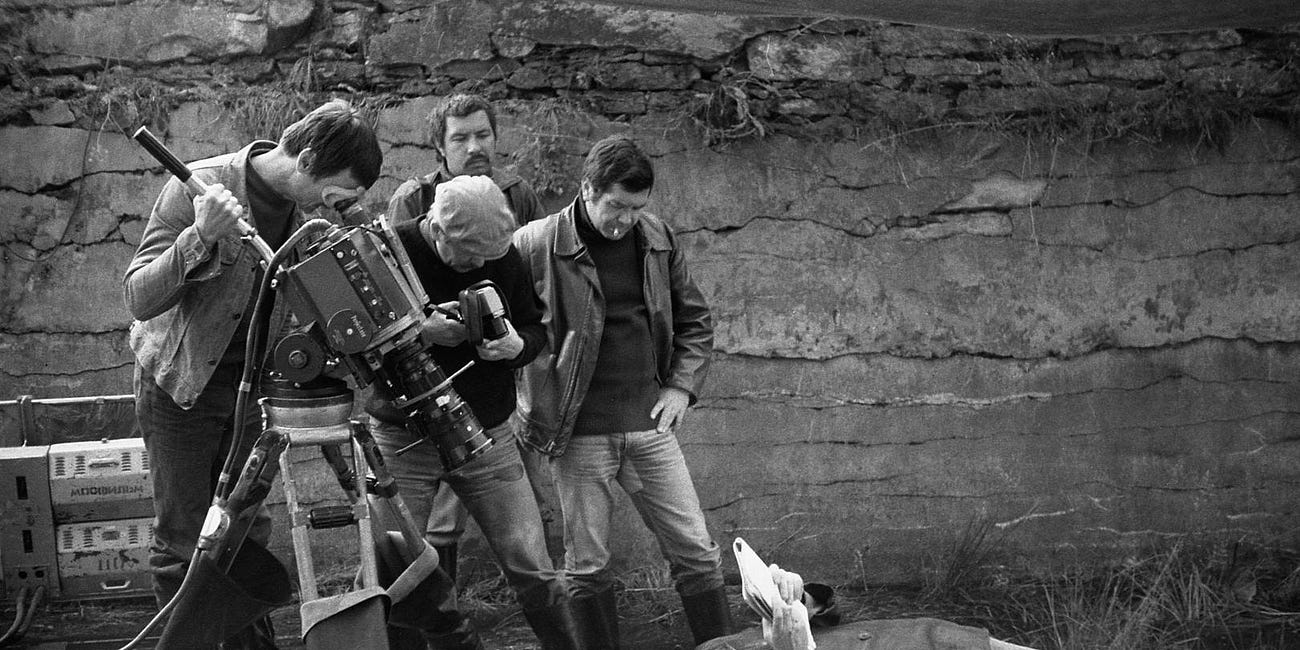I have a note where I paste all the darlings I kill, the passages I cut from essays because they do not support the wholeness. Looking at the darling graveyard today, I saw that it was 7,608 words long, so I’m doing a spring cleaning and will exhume some cadavers to your inbox instead.
There will be fragments about identities and affordances; finding friends and books; learning to appreciate the depth of my everyday life; and the art of writing and reading essays.
At the end, there is also a link list of good things I’ve read recently.
Identities and affordances
An identity is not just something you are obliged to have so that others know how to think about you. It is also a way to create what design theorists call affordances. Affordances are invitations for action. A chair affords sitting. A button affords pushing. Identities provide affordances like this, too.
When I worked at my last job, which was as a coordinator at a gallery, the identity “coordinator” gave me the affordance to do things that I would feel awkward doing in private—selling $15k chairs or courting politicians, for example. I would just never think of doing that privately.
The “coordinator” identity also helped me see new things. If I were to walk into the gallery as a private visitor, I wouldn’t notice the potential tweaks that would improve the sales flow in our store, or the subtle hints you get by observing how people walk through the exhibitions. But the coordinator does.
By taking on new identities, you can access new affordances.
(Pseudonyms are a low stakes way of spinning up new identities.)
Pseudonyms lets you practice agency
From the recording of Stalker (1979), directed by Andrei Tarkovsky
On finding friends
Thoreau would catch a bee and carry it to a place with a clear view of the landscape. There he would release it. He watched closely as the bee flew off. Then, once he lost track of it, he walked to the spot where it disappeared, and waited for a new bee to catch. Repeated enough times, this process would bring him to the nest.
This is how I think about finding new books to read, and new people to hang out with (or, increasingly—new aspects of people I already know).





